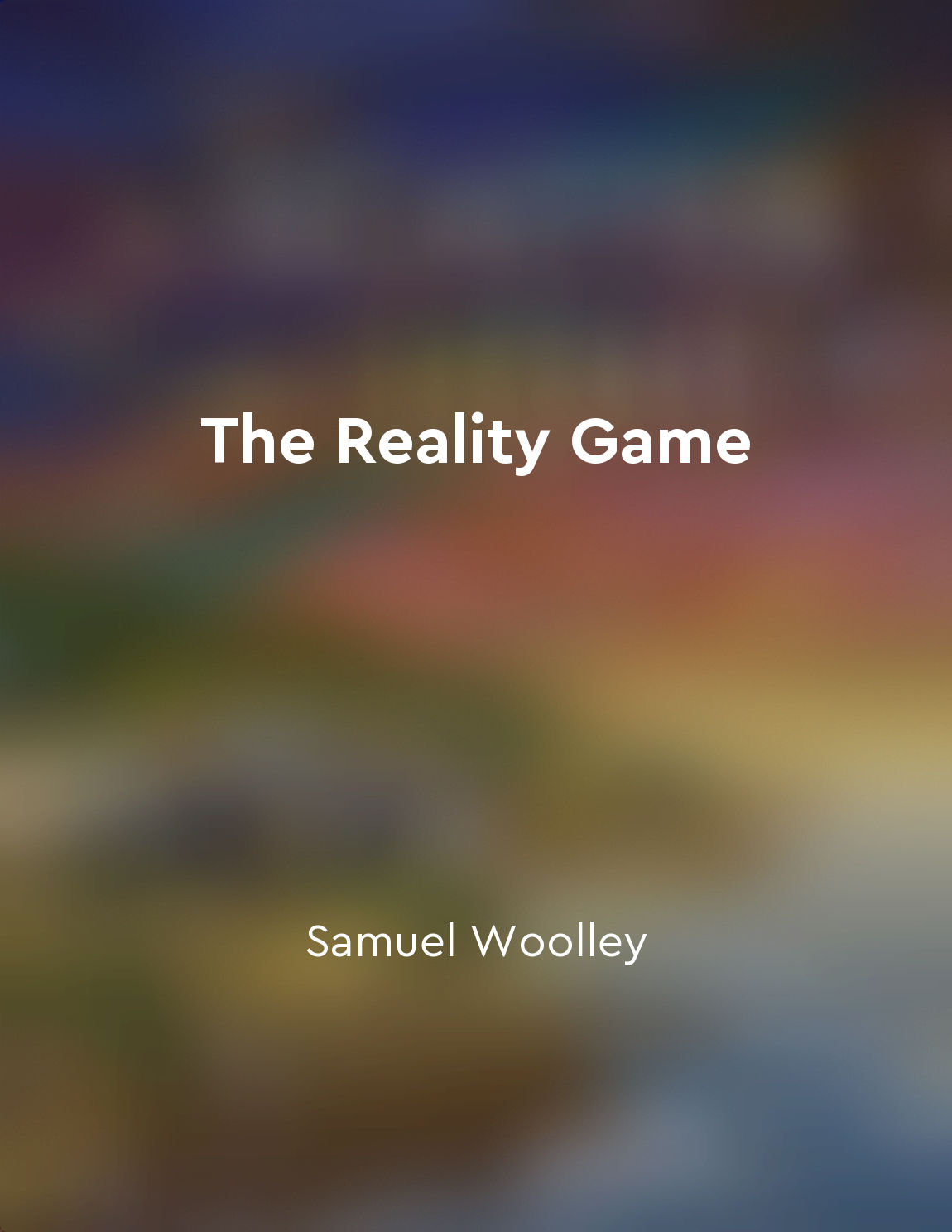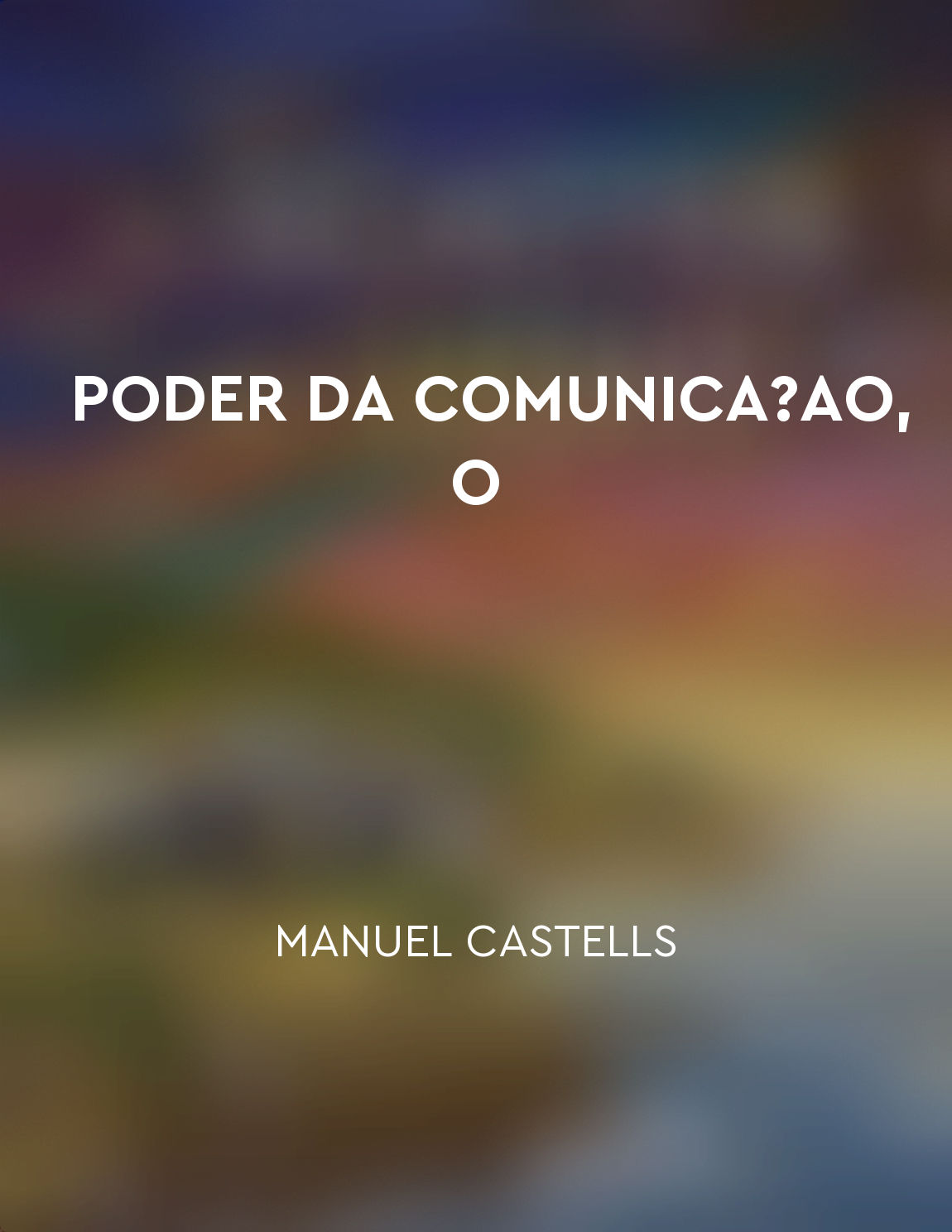Online information is not always reliable from "summary" of The Internet of Us: Knowing More and Understanding Less in the Age of Big Data by Michael P. Lynch
In an age where information is readily available at our fingertips, it can be easy to assume that everything we find online is trustworthy. However, this assumption is not always accurate. The Internet is a vast and complex network that houses a multitude of sources, ranging from reputable news outlets to personal blogs and social media posts. With such a wide variety of sources, it can be challenging to discern which information is reliable and which is not. One of the reasons why online information is not always reliable is due to the sheer volume of content that is generated on a daily basis. Anyone with an internet connection can publish information online, regardless of its accuracy or credibility. This means that misinformation and fake news can easily spread and be mistaken for truth. In addition, the anonymity of the internet allows individuals to hide behind a screen and disseminate false information without facing consequences. Moreover, the algorithms and filters that govern what content we see online can also contribute to the unreliability of information. These algorithms are designed to show us content that aligns with our interests and beliefs, creating filter bubbles that reinforce our existing views. As a result, we may be unaware of conflicting information or alternative perspectives, leading us to form biased and uninformed opinions. Furthermore, the speed at which information travels online can also impact its reliability. In the quest to be the first to report a story, journalists and social media users may forego fact-checking and verification, leading to the spread of inaccurate information. This rapid dissemination of information can make it difficult to separate fact from fiction and can perpetuate misinformation.- While the internet has revolutionized the way we access information, it is essential to approach online content with a critical eye. By being mindful of the limitations and pitfalls of online information, we can better navigate the digital landscape and make informed decisions about what we choose to believe and share.
Similar Posts

Algorithms influence what we see and believe
Algorithms play a crucial role in shaping the information that we are exposed to online and ultimately influence our beliefs an...
Online searches provide insights into human behavior
The data that people share online is a goldmine for researchers trying to understand human behavior. When individuals type thei...
Google searches provide insights into relationships
Google searches are a window into the soul, revealing our deepest fears, desires, and insecurities. When it comes to relationsh...
The power of reason lies in its ability to transcend personal biases
Reason, at its core, is a powerful tool that humans possess to navigate the complexities of life and make informed decisions. I...

Communication is power
Communication is the foundation upon which power is built. It is through communication that individuals and groups are able to ...

Democracy is under siege in the digital age
In a world where information is constantly at our fingertips, the very foundation of democracy is being slowly eroded. Social m...
It is a valuable skill in everyday life
Critical thinking is a powerful tool that can be applied in various aspects of our daily lives. It enables us to analyze inform...
Critical thinking skills are essential in evaluating expertise
In a world where information is readily available at our fingertips, it is increasingly important to possess the ability to thi...
Cultivate a culture of learning
To create a culture of learning, we must first recognize that questioning our assumptions is key. When we assume we know everyt...

